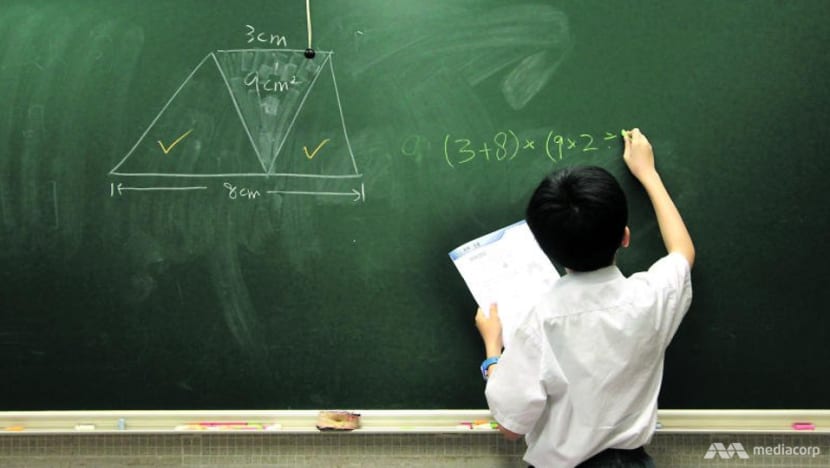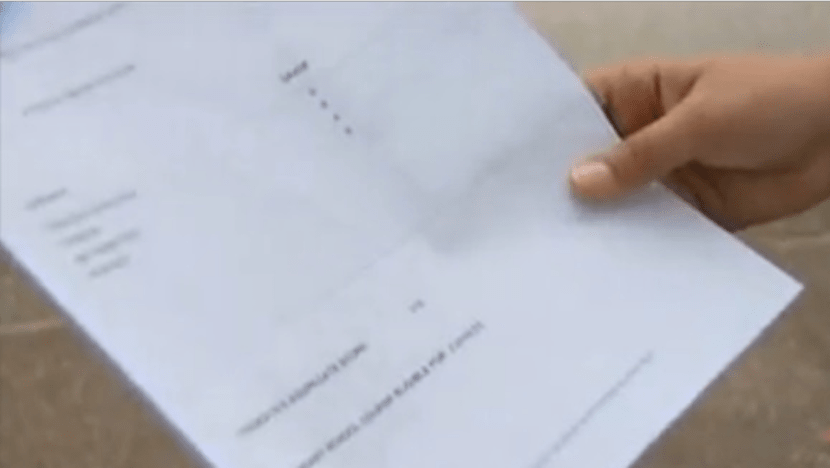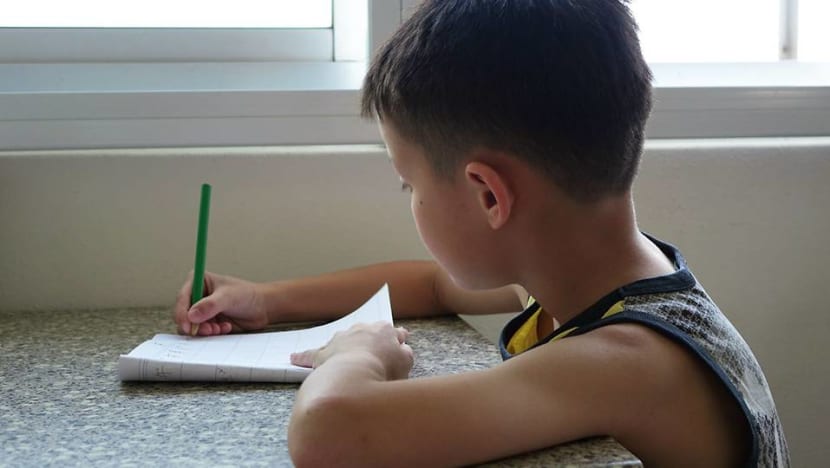commentary Commentary
Commentary: With less focus on grades, is PSLE still a necessary checkpoint?
The release of PSLE results last week has one educator wondering whether the PSLE is still necessary in light of tweaks to the education system and especially if Singapore is serious about moving away from grades.

What more can be done to level up children from disadvantaged backgrounds? (Photo: TODAY)
SINGAPORE: With the recent Primary School Leaving Examination (PSLE) results out on Friday (Nov 24), the question on many parents' and educators’ mind is whether the PSLE should remain as a “checkpoint” for students.
As a father of two children, I have been through the nerve-wrecking PSLE results collection twice in the past eight years.
The days leading up were more stressful than any job interview I have ever attended. Honestly, I have never experienced such tension, anxiety, anticipation and stress in my life, even when proposing to my wife, preparing for my wedding or cheering my wife on during the birth of our two children.
As an education and parenting coach, I have routinely observed the national obsession with academic results, especially so in the PSLE. Students and parents alike, take extreme measures at times to prepare for the PSLE, some with extra classes seven days a week. The PSLE has even been jokingly termed as “Please Stress the Life out of Everyone” by some parents and students.
CHANGES TO THE PSLE SYSTEM
Minister for Education (Schools) Ng Chee Meng mentioned many times the importance of “nurturing a joy of learning in children” so that students enjoy school.
The Ministry of Education (MOE) in Singapore has also taken steady steps to overhaul the education system, shifting the focus from academic achievements alone to the holistic development of students.
Significant milestones include the Direct School Admission (DSA) scheme, which was introduced in 2004 to allow students to be accepted into reputable secondary schools based on non-academic achievements, such as sporting and artistic merits.
In 2014, a revised Physical Education syllabus was introduced in primary and secondary schools, setting aside 10 to 20 per cent of curriculum time for outdoor education and physical activities to boost the overall physical wellness of students.
From 2018, the enhanced DSA scheme will see all secondary schools in Singapore embracing this scheme and reserving up to 20 per cent of their cohort space for students applying through the scheme.
Under the enhanced scheme, academic achievement will not constitute a criterion for the application for secondary school. Instead, the admission criteria for the enhanced scheme will be based on students' strengths in sports, arts, language, mathematics or science.
Through this shift in the admission criteria, the MOE hopes parents support the all-rounded development of their children and ease off the obsession with tuition and enrichment classes for them.

In 2021, the PSLE will be re-structured to put in place Achievement Level (AL) scoring bands (such as A, B and C) instead of the current aggregate T-scores. The new scoring bands will pave the way for students to be less differentiated in their academic results, given 29 new possible PSLE scores, compared to the current 200+ PSLE aggregate scores.
While some educators and parents have lobbied to do away with the PSLE, I am of the view that the PSLE has its value as a checkpoint for all students. It is a gauge of a student’s learning progress and academic aptitude, after six years of primary school education.
Without the PSLE as a checkpoint, students will not be able to measure their own learning progress in a standardised fashion. They may not be able to identify their academic strengths and weaknesses relative to their peers or discover their interests in various niche areas through exposure supported by parents and the education system in schools.
IS STRESS STILL NECESSARY?
Stress is a regular word that pops up in every one of my education and parenting talks. Students and parents have to recognise that stress is meant to be a healthy motivation for individuals to give their best. It is only when stress is undue and overwhelming for the individual that it becomes unhealthy and even toxic.
Children today need to learn resilience and adaptability in our fast changing and rapidly advancing social, economical and technological landscape. Stress and competition is healthy and necessary in allowing individuals to learn coping skills, time management, self-discipline and other priceless life lessons.
The role parents play is critical in helping their children manage stress, embrace failure and accept disappointment. Failing to achieve one’s goals and expectations, is a natural part of life. Without failure, there is no real success and learning. An old Chinese saying goes: “Experience is the best teacher. Only through failure, do we learn the fine art of success.”

BEYOND ACADEMIC EXCELLENCE
In line with promoting holistic development, parents need to encourage a healthy lifestyle for their children – in terms of their daily diet, regular exercise and adequate sleep. Character building, a positive self-esteem and healthy values are just as if not more important than the pursuit of academic excellence.
Amid academic progress, schools will need to nurture creativity, innovation and entrepreneurship in their curriculum. There will be an increased emphasis on thinking questions, collaborative project work and opportunities for students to apply their learning in the real world.
With the PSLE system as a checkpoint for all students, parents possess great power in enabling their children to develop their strengths and discover their passions. Every child needs to be sufficiently self-motivated and equipped with healthy coping mechanisms and stress management skills.
These are effective skillsets in achieving long term success and sustenance in their field of choice.
In conclusion, I am in support of the PSLE system as a necessary checkpoint for all students. The PSLE allows students to gauge their academic aptitude and make a wise choice in their application for a secondary school education.
It is also a test of a child’s resilience and stress management skills which are extremely important in preparing them to be ready for the real world.
Jason Ng Boon Hui is an education and parenting coach. He is also the founder of PSLE Hub.
Read also: A commentary on combating the culture of comparison in PSLE results.














